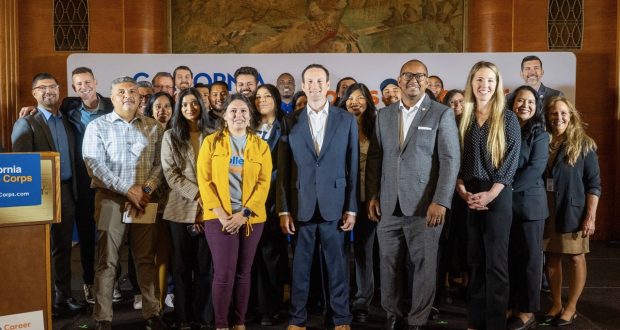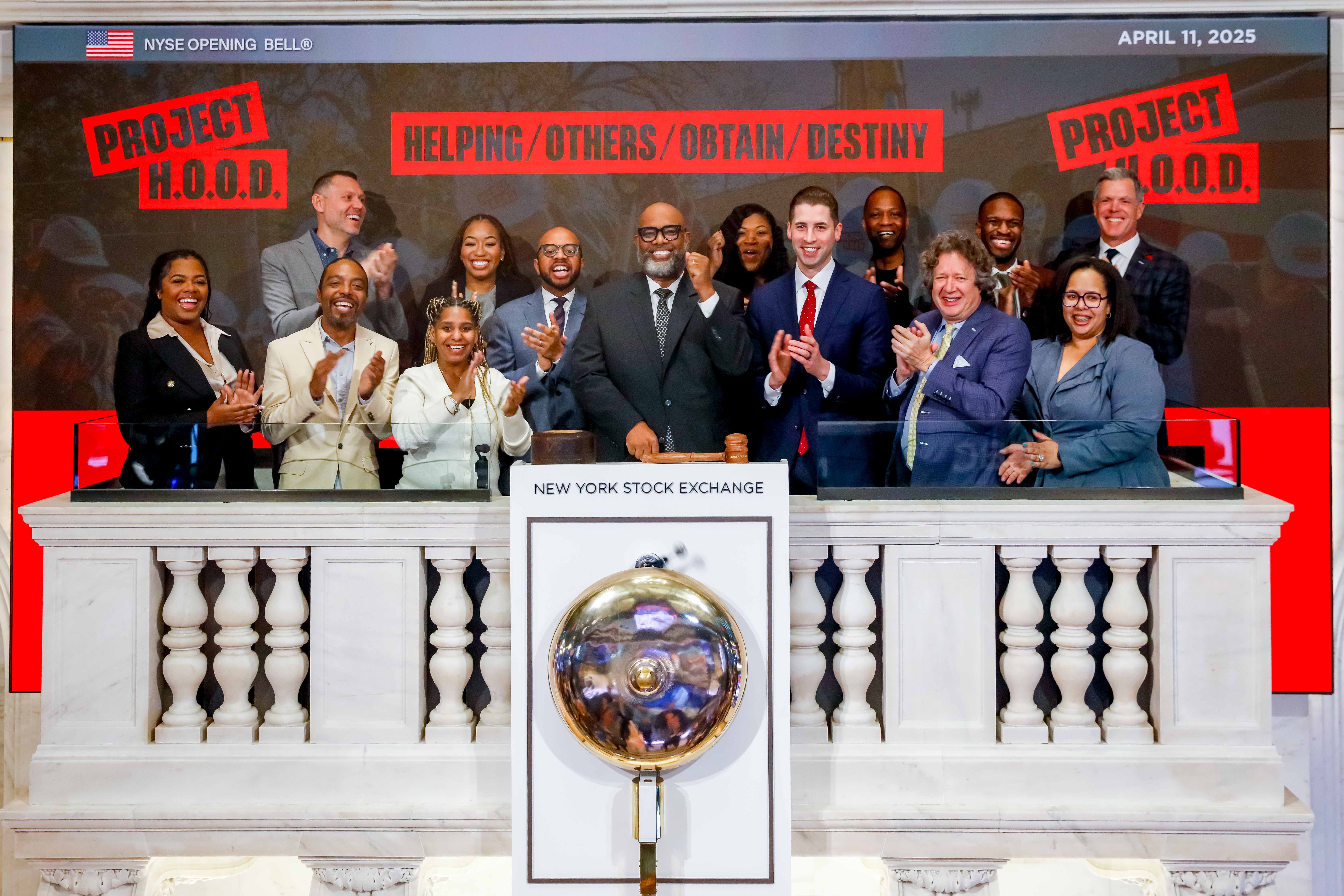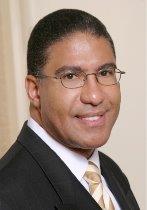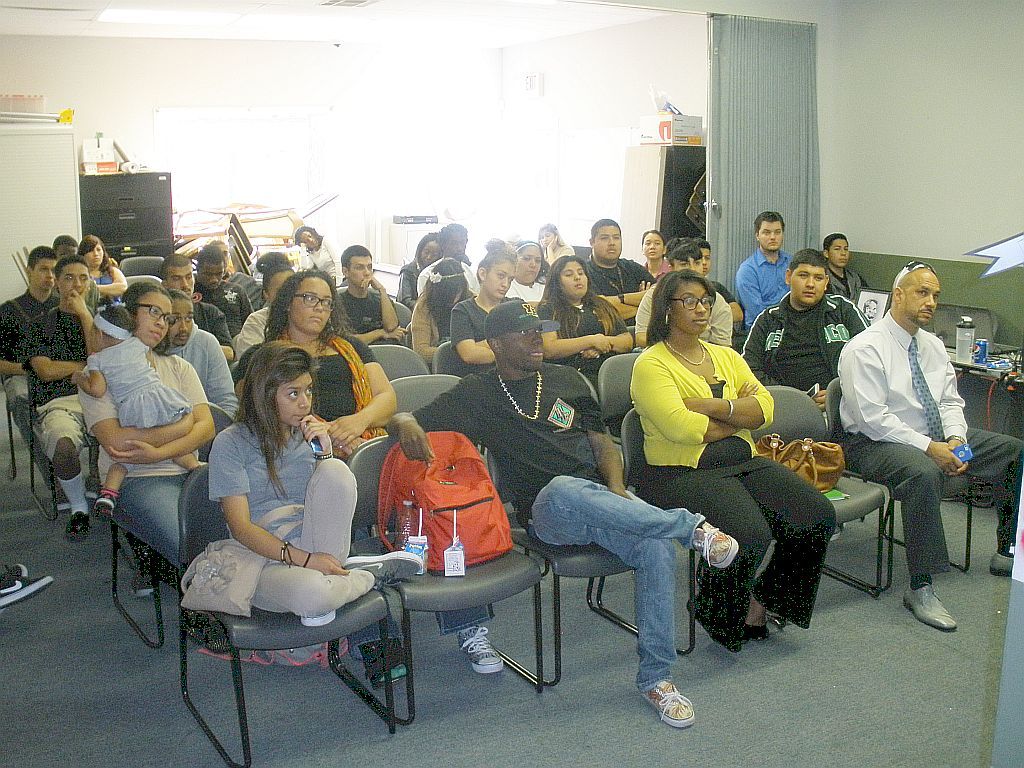
Lou Coleman
By Lou Coleman
I want you to know that when you step out of the old {man} and into the new {man} God will take you places and do amazing things in your life. I recently returned from Dubai and Ghana Africa, and I must tell you that it was very refreshing! Everything about Dubai made me feel like I had stepped onto a new planet when I arrived for my first visit. One of the most beautiful places in the world, and a place in my opinion where all the billionaires live. And yes, I joined the billionaire club! Dubai, it was nothing like anything I had experienced in America. In fact, nothing in America remotely prepared me for what I saw. It was grand!
However, on the other hand, it was the first time I ever felt what it was like to be a “stranger,” or even a “foreigner.” You will never know what that is like until you visit a foreign country and there see people who don’t look like you, talk like you, think like you, or live like you. They have a set of values you don’t share, speak a language you can’t understand, and eat food that seems strange to you. You pick up the paper and you can’t read it. You turn on the television and it doesn’t make sense. You’re standing on the sidewalk and you can’t communicate with anyone. I stood out so obviously that no one could have mistaken me for an Emirati. People kept looking at me as they walked by. It was an unnerving experience because I didn’t know any Arabic at all. In all my traveling over the years, I felt this most keenly on my first trip to Dubai.
In such a situation, no matter how friendly the people are, and people are naturally friendly and gracious, you never forget not even for one second that you are an outsider. That’s our condition. We are strangers in the world who have been scattered by God in many places. We are like seeds the wind has carried in all directions. It’s like we gather on Sunday, then we scatter for the rest of the week. For the most part, we are separated from each other. And we never see most of the other people except on Sundays. That’s okay because God has strategically planted us where we can do the most good.

Dubai, the experience was exuberant, the city was exquisite. It was picture-postcard! Then I heard the voice of the Lord saying, “Whom shall I send? And who will go for us?” And I said, “Here am I. Send me!”
Ghana Africa: To describe a tour of Ghana as an eye-opener is an understatement, but to leave it out of a visit to Ghana is ignoring what life is truly like for a massive proportion of Black West Africans. I saw the best and brightest of the human spirit in the face of incredible poverty that most of us can’t comprehend. When you see the squatter camps, which is grossly overcrowded, your poverty grips back at home will soon be put into perspective.
I’ ve learned that we as Americans, living in the greatest country in the world, can save innocent lives raged by malaria, poverty, homelessness and diseases by being a blessing to others. But, sad to say, we have abandoned the teachings of Jesus; we have abandoned the fundamental concern for the people who are less fortunate. But there are things that are required of us.
USA for Africa, “We Are the World,” written by Lionel Richie and the great late Michael Jackson says, “There comes a time when we must heed a certain call, when the world must come together as one, there are people dying, and it’s time to lend a hand to life, the greatest gift of all. We can’t go on pretending day by day, that someone, will soon make a change, we are all a part of God’s great big family, and the truth, you know, love is all we need.”
Perhaps one of the more thought-provoking questions in the Bible is that one asked by Cain : “Am I my brother’s keeper?” (Gen. 4:9) This is a question we would do well to ask ourselves today…. Are we our brother’s keeper? Do we have a responsibility to watch out for and care for one another? {When one turns to the New Testament, it becomes clear that the answer is in the affirmative}. In fact, there are many passages which emphasize…Our responsibilities to one another. We are to “Love One Another” As commanded by Jesus –As taught by Paul – As instructed by Peter – and as stressed by John.
How are we to express such love? We are to “receive one another”; we are to “edify another”; we are to “serve one another”; we are to “bear one another’s burdens”; we are to be “forgiving one another”; we are to be “submitting to one another”; we are to “exhort one another”; we are to “consider one another”; we are to be “hospitable to one another.” {In light of such “one another” passages, is there any doubt that we are to be our brother’s keeper?} But how well are we doing? Do we even consider them? Are we even aware of whom they are? Are we ignorant of their problems? Are we willing to bear their burdens?So as to help them overcome and become stronger; or do we rather not be bothered?

How we answer such questions may reveal how well or poorly we are fulfilling our responsibility to be our brother’s keeper; Living up to the one responsibility we have that includes all others: to love one another as Christ loved us.
If we have failed to be our brother’s keeper, we need to… Repent of our lack of concern, our inactivity, or whatever has hindered us; Confess our shortcomings in this area to God; Resolveto apply with zeal these “one another” passages!
For the question, “Am I my brother’s or sister’s keeper?” drives to the heart of our relationship to international problems, conflicts or disasters such as in Africa. It drives to the heart of our response to the problems of homelessness, and poverty in our own community. Do we do something, or do we stay uninvolved? The question, “Am I my brother’s or sister’s keeper?” drives to the heart of our relationship to others in need. What is our relationship to the people around us? Are we our brother’s and sister’s keeper, or are we not.
We have been blessed to become the blessing, even in the tiniest ways. You and I can make that kind of difference. We really can! But God never forces his people to give. In fact, the Bible said that it is a requirement for us to give. The thing is God wants us to learn how to be generous by heart. How about we open our eyes and our hearts TODAY, and look for even the smallest way we can become the gift? Because what may seem small to you, might just change everything for them.
Understand an essential part of God’s purpose in so richly blessing us – He wants us to be a blessing to others. We are on this journey to bring life transforming change to us as individual followers of Jesus Christ and as His church. Whoever God sends across our path. We are to be a “blessing people.” That’s our job – to bless people. That’s where the trail of blessing takes us.
From Abraham – “I will bless you… you will be a blessing… all nations will be blessed through you.” What this phrase tells us is that the blessing is not about Abraham and Sarah: it is about those with whom they are to share the blessing; those to whom they are to pass the blessing; those for whom they are to be catalysts of blessing. We are blessed to be a blessing.
“I have come to the realization that in the grand scheme of things, it’s not about me! How can we complain when others are in much worst conditions than we find ourselves in? We can no longer walk past those in need, because we are called to make a difference. To be effective servants for God, we must put things into perspective and be willing to sacrifice ourselves for the benefit of another. We must have a burning desire to help others to the fullest extent of our being.
We are the salt of the earth and the light of the world. But what good is salt that no longer seasons, preserves, or purifies? What good is light that no longer emanates, illuminates, and reveals? God does not extend his generosity to us with the intent that we would hoard blessings for our sole benefit. As we are conduits and not repositories for God’s blessings, we must be determined to direct God’s blessings bestowed on us to others. Let us no longer be perceived as Christians by name only. We must not compromise God’s Word. We must strive to be men and women of integrity. And we must allow real, demonstrative truths to emit from our lives, being mindful that God is making His appeal to the world through us.”
“I am only one, but still I am one. I cannot do everything, but still I can do something; and because I cannot do everything, I will not let that stop me from doing something.” We are blessed to be a blessing to others.
I challenge you to take that idea, blessed to be a blessing, and hold it before you this week. Consciously think, pray “How can I be a blessing to this person?” and act upon that.
No moment of love or compassion or generosity or kindness is ever lost. Even the “least” of such acts is felt in the vibration of the universe, and contributes mightily towards the Whole, towards the Infinite Void, towards the Magnificent, towards Life, towards Creation, towards the Mystery.
So, count your blessings. Name them. Write them down. Thank God for them. But understand an essential part of God’s purpose in so richly blessing us – He blessed us so that we can be a blessing to others. He blessed us so that we will become generous on every occasion {2 Corinthians 9:11}. Note the context of this passage, Paul is talking about giving, about God’s economy, about sowing and reaping principle.
And we all know that God’s economy is very different from our economy. Our economy tells us to save money, to keep something for us to use. To be frugal and as much as possible to use money only for the things needed. But, God’s economy tells us on the other hand, that we have to be generous, help those who are in need, to give things away for God’s glory, to support God’s work and to support God’s workers. Do not be deceived. We have to know how to work with God’s economy. If you know how a farmer plants and harvests, in the same way, we have to plant seeds in the spiritual Kingdom so that later on we will reap a harvest.
I pray that God will bless you in ways you never dreamed possible so that there is no doubt as to where the blessings come from. I pray that each one of you be blessed and become a blessing to others, also. I pray that God will help each of us become yielded vessels that He can work through to reach out to a lost and hurting world. I pray that He will help us to see with our hearts the needs and hurts of others around us. Let our hands become hands used to serve and comfort others. Let us be reminded that His hands were that of a servant… and that He is above all, yet He came to serve not be served. I ask that He would help us become what He would have us to be, so that the message of His great love and saving grace can be spread throughout the earth.
“We are the world, we are the children, we are the ones who make a brighter day, so let’s start giving, there’s a choice we’re making, we’re saving our own lives, it’s true we’ll make a better day, just you and me. Let us realize that a change can only come when we stand together as one.”
*After seeing firsthand what poverty looks like, I am now more dedicated than ever to be a part of their lives. You can help as well by donating any amount to the cause. For more information please contact me via email at colemanlou@hotmail.com.
Small charity makes a big difference. Donate Now!
 Westside Story Newspaper – Online The News of The Empire – Sharing the Quest for Excellence
Westside Story Newspaper – Online The News of The Empire – Sharing the Quest for Excellence


















